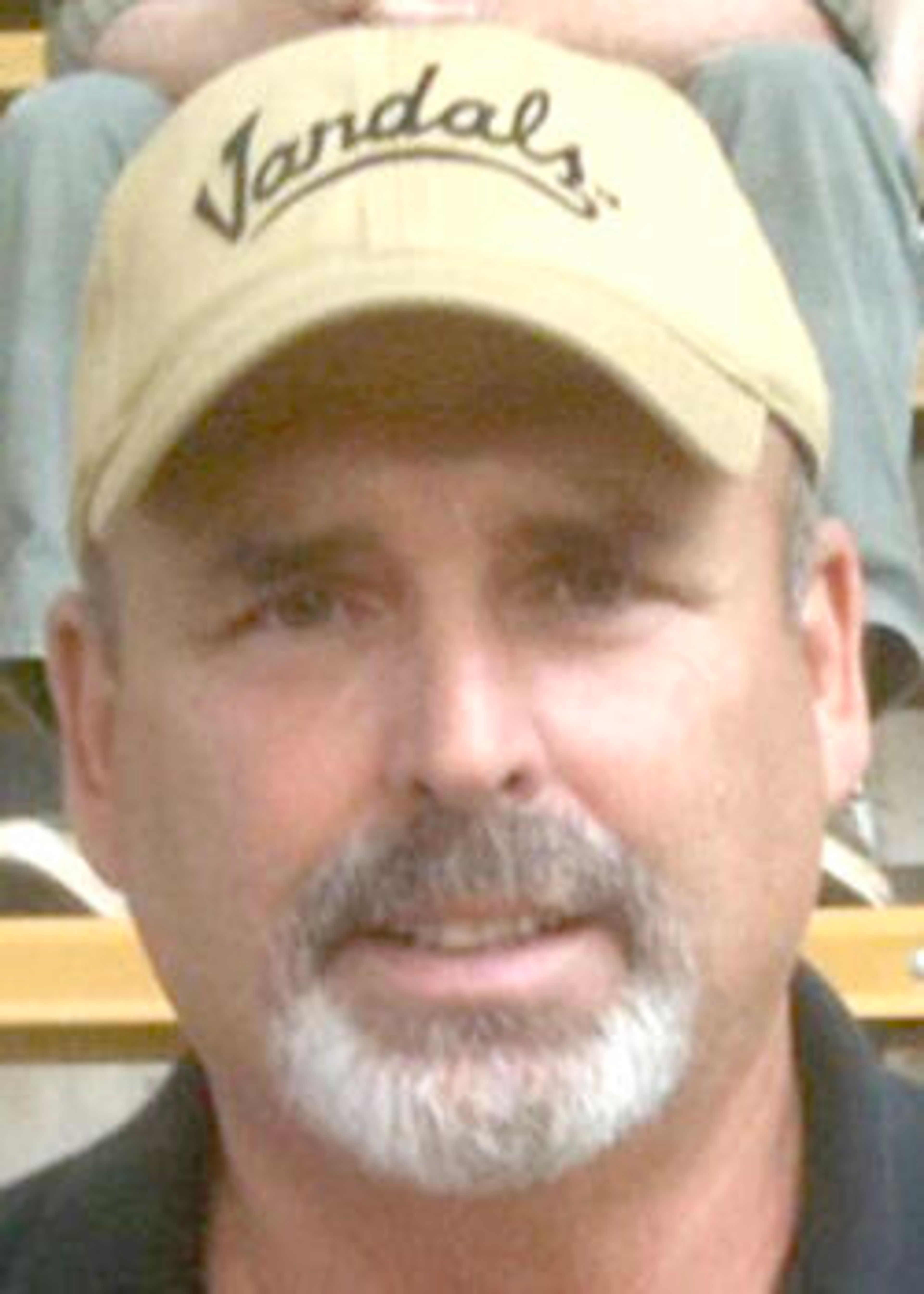Moscow’s Bill Goesling still remembers value of a nickel
BOISE — Bill Goesling’s family spoke German at home until World War II, when his grandfather declared the mother tongue “verboten.”
Now a first-term state representative from Moscow, Goesling doesn’t remember the language. He has a clear recollection, however, of the lessons in public service instilled by his mother, as well as her insistence on fiscal responsibility.
“That still plays into some of the questions I ask today,” he said.
Goesling grew up in Cincinnati, Ohio, during and after World War II. His father served in the Army and later ran his own woodworking firm; his mother sold Avon products and worked in a dry-cleaning shop while raising two kids.
With so many men away at the war, Goesling’s mom encouraged him to help out their older neighbors. He remembers loading their heavy steel trash cans onto his toy wagon, lugging them from the street back up the driveways to their homes. He earned a nickel a week, which was pretty good money for a 5-year-old boy — if only his mother had let him spend it.
“She made me put it all away,” Goesling said.
He maintained his thrifty ways all through high school and college, and after he joined the U.S. Navy. That caused some heartache for contractors later in his career, when he served as military liaison with jet manufacturer McDonnell Douglas.
“Part of my responsibility was to take each plane out for a test flight,” Goesling said. “I was supposed to make sure taxpayers were getting what they paid for. Those were $35 million planes. Until I signed off on them, (the contractors) didn’t get paid. You talk about pressure to sign … .”
He resisted the pressure then, and continues to do so today. As a member of the House Education Committee, for example, he balked at a State Department of Education request for $1 million in social-emotional training dollars.
“If we give them $1 million, how are they going to use it?” he asked. “How does putting the money in a consultant’s pocket solve the problem?”
Goesling took heat for that stance, but he still remembers the value of a nickel.
Check for scorpions
You gotta be tough to live in Africa.
Caroline Troy learned that in 1971, when her family moved to Botswana to serve with the Peace Corps.
“My parents bought into the vision of (President John F.) Kennedy, to make the world a better place,” said Troy, now a three-term state representative from Genesee. “My dad was an agronomist and my mom had a master’s degree in history. In Botswana, he worked with the College of Agriculture, setting up their foundation seed program.”
Troy was 9 years old at the time. She’d never been on a plane, never been in an elevator. The farthest she’d been from home was Spokane — which was about 10,000 miles closer than southern Africa.
When Troy and her two younger brothers got on the plane, her mom said they would “have a wonderful time, no matter what happened.” Her dad said they had to be tough to live in Africa.
That became the mantra for what turned out to be a five-year adventure.
“Any time my brothers or I complained, he’d say ‘You have to be tough to live in Africa,’ ” Troy recalled. “That was the end of the conversation.”
The challenges of living in Botswana became apparent early on. At the time, there was only 20 miles of paved road in the entire country that’s three times the size of Idaho. The first several weeks, they lived in a mud hut with a grass roof. When it rained, bugs dropped from the ceiling as they scurried to get away from the water.
“Lots of bugs, lots of snakes, lots of scorpions,” Troy said of the challenges. “It took me years to stop shaking my shoes out (to check for scorpions).”
She fell in love with the country, though. She’s tried talking her husband into moving there. She’s thought about joining the Peace Corps herself, and as recently as last summer she was looking at job opportunities in Botswana’s College of Agriculture.
Growing up there “colored my whole life,” Troy said. “It was just so out-of-the-ordinary. It helped me listen to people and understand that everyone has a unique perspective.”
A challenge, and a librarian who believed in him
It’s been 50 years since Scott Bedke was kicked out of the sixth grade, but he still grits his teeth at the memory.
Bedke, the current speaker of the Idaho House of Representatives, technically wasn’t expelled from school. However, he was banished from the classroom and his desk was moved out into the hall.
“There wasn’t a lot of supervision,” he said of his year in exile. “I read a lot of books.”
Bedke can’t recall what he did to earn such punishment. What he does remember is digging in his heels. He was resentful, envisioning himself as “the Man in the Iron Mask” — the unknown Frenchman who was unjustly imprisoned by a corrupt king.
“There was nothing you were going to do that would change my attitude,” Bedke said of his mindset. “I could put up with anything.”
He didn’t describe it this way, but getting kicked out of class was apparently the first hitch in his giddyup; it was the first realization that other people could and would stand in his way if he didn’t conform to their expectations.
Before that, he’d never encountered many boundaries. Growing up on the family ranch near Oakley, he’d had an idyllic childhood. He and his brothers were free to hunt and fish and explore to their heart’s content.
“Parents that really cared, three meals a day, eating and working together,” was how he described his formative years. “We all had horses and .22 rifles. Come home for lunch, come in by dark. Everything else was your playground.”
Bedke’s mother was the daughter of a general contractor who had built hundreds of homes in Logan, Utah. After she married his dad, he brought her back to a very rough two-room cabin on the family ranch.
“No electricity, no running water or indoor plumbing. But we had a blast,” Bedke said.
As they got older, he and his brothers took their place in the haying crew, working alongside the men. There were big breakfasts, big lunches and lots of hard work.
“It cultivated a confidence in yourself,” Bedke said.
Getting kicked out of his sixth grade class may have put a dent in that confidence, had it not been for Mrs. Haines, the school librarian. She took him under her wing and refused to let him fail — a kindness he remembers to this day.
“I love that woman,” Bedke said.
Whether it was his time in the wilderness or Mrs. Haines’ kindness, Bedke got back on track in high school. He received almost straight As and graduated third in his class.
When things get tough, though, he can still call to mind that Man in the Iron Mask.
Tribune reporter William Spence is spending part of this year’s Idaho legislative session speaking with elected officials about the formative experiences in their lives. The stories are based on the work of the National Institute of Civil Discourse, which maintains that it’s harder to demonize people when you know something about their journey in life.
Spence covers the legislature for the Lewiston Tribune.








